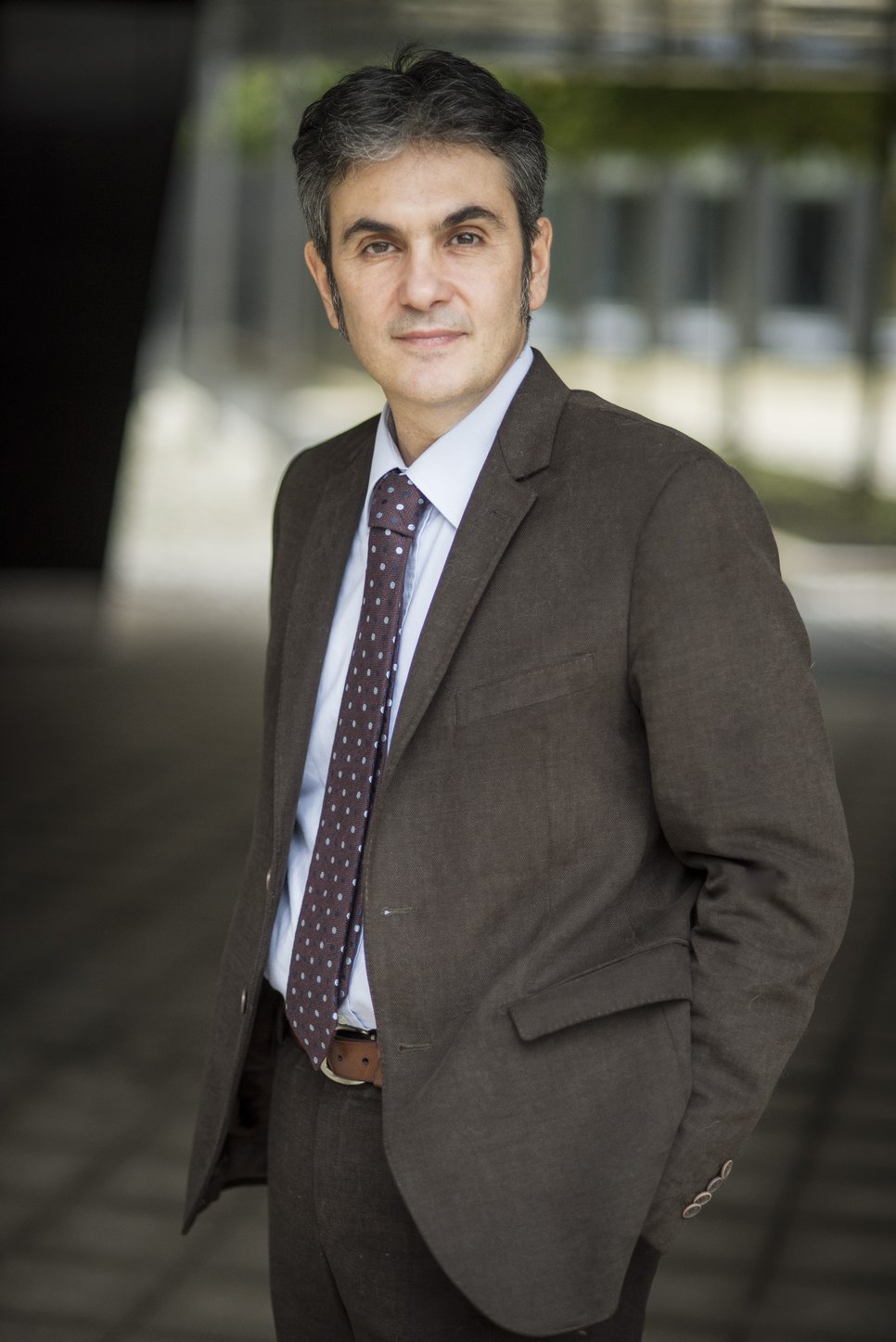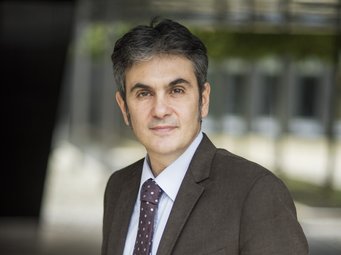Lucio Baccaro Is New Director at the MPIfG
In September 2017, Lucio Baccaro took up the post of Director at the Max Planck Institute for the Study of Societies in Cologne. With a political science and sociological orientation, Baccaro is among the most renowned researchers in Comparative Political Economy. He succeeds Wolfgang Streeck, who retired as Director in the fall of 2014.

Currently, Lucio Baccaro is carrying out research on different growth models within the European Union. He distinguishes between domestically-oriented national economies, which depend on internal demand and especially household consumption, and export-oriented countries that rely on foreign demand. An important distinction among export-led growth models, he argues, is the extent to which exports are cost- and price-sensitive, which determines whether or not there is a trade-off between export-driven and domestically-driven growth. Baccaro sees such distinctions as emerging from differing political and institutional conditions within countries and from the power relations between domestic and export sectors. The countries of particular interest to him are Germany, the UK, Sweden, and Italy.
Baccaro’s work on the politics and institutional basis of aggregate demand generation has had an enduring impact on the recent scholarly discourse. Over the past two decades, Comparative Political Economy has focused in particular on supply-side differences between the “Varieties of Capitalism,” such as those regarding the production and reproduction of skills. New theories on the institutional basis of growth models address issues such as the extent to which a convergence between European economies is likely.
The economy, society, and politics are the three areas of focus at the Cologne-based Max Planck Institute for the Study of Societies, where mainly sociologists and political scientists, but also historians and economists, work together on an interdisciplinary basis, investigating the interrelationships between social, economic, and political action. Using primarily an institutional approach, they examine how markets and business organizations are embedded in historical, institutional, political, and cultural frameworks; how they emerge; and how their social contexts change over time. Lucio Baccaro’s comparative work will complement and enrich this research program.
Lucio Baccaro, a citizen of both Italy and Switzerland, was born and raised in Italy and began his scholarly career with a degree in philosophy from the University of Rome. He went on to study business administration and political science with stays at top academic locations. He was awarded a doctorate in labor law and industrial relations from the University of Pavia in Italy in 1997 and a PhD in management and political science from the Massachusetts Institute of Technology (MIT) in 1999. Following further research stays at MIT and the International Labour Organization (ILO), in 2009 he was appointed to a professorship in sociology at the University of Geneva in Switzerland. In 2017, the Max Planck Society appointed him as Scientific Member and Director at the Max Planck Institute for the Study of Societies. On November 16, 2017, he will present an overview of his current research and his research plans at the MPIfG Annual Colloquium.
Recent publications
Baccaro, Lucio, and Chris Howell. 2017. Trajectories of Neoliberal Transformation: European Industrial Relations since the 1970s. Cambridge: Cambridge University Press. 320 pages.
Baccaro, Lucio, and Konstantinos Papadakis. 2008. The Promise and Perils of Participatory Policy-Making. IILS Research Series 117. Geneva: International Labour Organization, International Institute for Labour Studies. 69 pages.
Baccaro, Lucio, and Chiara Benassi. 2017. Throwing out the Ballast: Growth Models and the Liberalization of German Industrial Relations. Socio-Economic Review 15 (1): 85–115.
Baccaro, Lucio, Rüya Gökhan Koçer, Jorge Galindo and Valeria Pulignano. 2016. Determinants of Indefinite Contracts in Europe: The Role of Unemployment. Comparative Sociology 15 (6): 794–838.
Baccaro, Lucio, and Jonas Pontusson. 2016. Rethinking Comparative Political Economy: The Growth Model Perspective. Politics and Society 44 (2): 175–207 (with responses by David Hope and David Soskice, Cathie Jo Martin, Michael J. Piore and Wolfgang Streeck).
Baccaro, Lucio, and Chiara Benassi. 2014. Softening Industrial Relations Institutions, Hardening Growth Model: The Transformation of the German Political Economy. Stato e Mercato 3 (1): 369–96.
